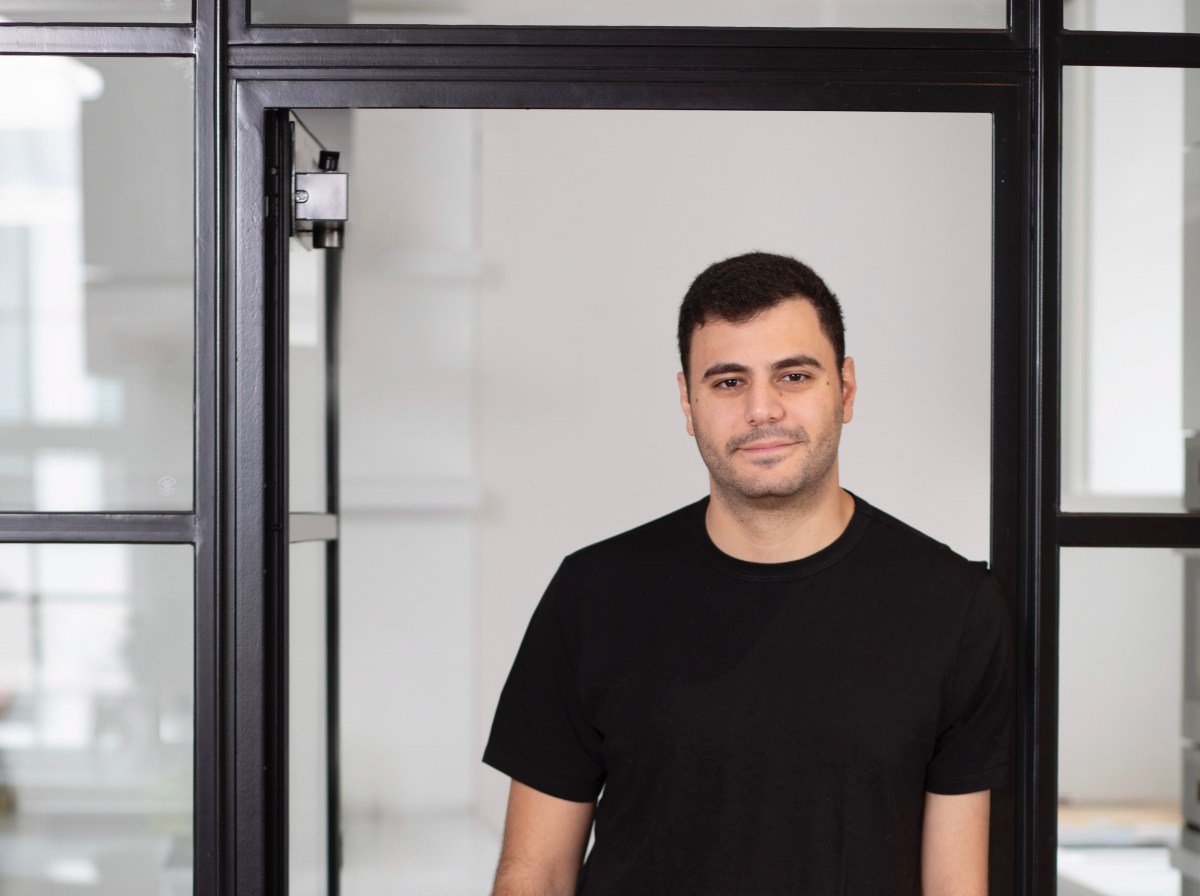Introducing 1001 AI: Revolutionizing Decision-Making in MENA’s Critical Industries
Bilal Abu-Ghazaleh has recently relocated to London, dividing his time between the UK and Dubai.
A New Venture Backed by Strong Investors
After nearly ten years in the U.S., including a role at Scale AI, Abu-Ghazaleh is channeling his experience into 1001 AI, a startup focused on developing AI infrastructure for essential sectors across the Middle East and North Africa (MENA).
Recently, the startup secured a $9 million seed round led by CIV, General Catalyst, and Lux Capital, with additional support from notable angel investors including Chris Ré, Amjad Masad (Replit), and others.
Addressing Inefficiencies in High-Stakes Industries
Abu-Ghazaleh asserts that 1001 AI aims to streamline operations in sectors such as aviation, logistics, and oil and gas through a sophisticated AI-native operating system for smarter decision-making.
“In just a few industries like airports, ports, and construction, we recognize over $10 billion in inefficiencies across the Gulf,” he shared in an interview with TechCrunch. “This represents a monumental opportunity in markets like the UAE, Saudi Arabia, and Qatar.”
Improved efficiencies in airport operations, for instance, can generate substantial savings that benefit both the airport and its airlines. Notably, nine out of ten major projects in the region often exceed budgets or timelines, indicating that even marginal enhancements can lead to significant financial resourcing.
Strategic Partnerships and Future Goals
1001 AI aims to market its decision-making technology to new projects, with plans for its inaugural product launch by the end of the year. The company is already in discussions with some of the largest construction firms and airports in the Gulf, according to Abu-Ghazaleh.
From Jordan to Silicon Valley: A Journey of Innovation
Born in Jordan, Abu-Ghazaleh ventured to the U.S. for his education before immersing himself in the Bay Area’s startup ecosystem. He began his career at Hive AI and later advanced to a director role at Scale AI, responsible for scaling its contributor network for training data annotation.
Initially set to join Scale’s public sector unit focused on AI solutions for governments, he pivoted to establish 1001 AI when opportunities shifted following Meta’s investment in Scale.
The Gulf: A Hotbed for AI Innovation
The Gulf region, particularly the UAE and Saudi Arabia, has emerged as a leader in AI adoption, with substantial investments targeting the development of local infrastructure and the attraction of global talent.
For Abu-Ghazaleh, the convergence of appetite, funding, and urgency presents a unique opportunity for 1001 AI, which focuses on transforming physical operations—an area identified by investors as possessing exceptional potential.
Innovative Solutions for Real-World Challenges
Although the product is under development, Abu-Ghazaleh shared insights into its functionality. The system utilizes data from existing software, models workflows, and provides real-time directives to enhance efficiency.
“In today’s landscape, an operations manager might need to manually reroute a fuel truck or assign a cleaning crew,” he explained. “Our AI-driven system automates this orchestration, using real-time data to optimize operations seamlessly.”
Building the Future: Deployment and Growth Plans
Different from many early-stage AI startups concentrating on specific sectors, 1001 AI aims to create solutions applicable across a variety of industries, where operational flows share similar features.
The company employs a hands-on approach, engaging closely with clients to customize its systems over weeks of co-development workshops.
“Bilal is constructing a decision engine to streamline complexities with proven execution tailored for the region,” noted Neeraj Arora from General Catalyst.
Funding to Boost Deployment and Team Growth
The recent funding will expedite initial deployments in aviation, logistics, and infrastructure while also facilitating recruitment in engineering and operational roles as the team expands across Dubai and London.
Looking Ahead: Plans for Expansion
1001 AI plans to commence its first customer deployment in construction by the year’s end. Over the next five years, Abu-Ghazaleh envisions the company becoming the primary orchestration layer for these industries in the Gulf, with aspirations for global reach.
Here are five FAQs based on the news about a Scale AI alum raising $9 million for AI serving critical industries in the MENA region:
FAQ 1: What is the primary focus of the AI startup founded by the Scale AI alum?
Answer: The startup focuses on applying artificial intelligence solutions to critical industries in the MENA region, enhancing efficiency, productivity, and decision-making processes in sectors such as healthcare, logistics, and energy.
FAQ 2: How much funding has the startup raised, and who provided it?
Answer: The startup has successfully raised $9 million in funding, with investments from various venture capital firms and angel investors interested in innovative technology solutions for the MENA region.
FAQ 3: What challenges does the startup aim to address in the MENA region?
Answer: The startup aims to tackle challenges like operational inefficiencies, labor shortages, and the need for advanced data analytics in critical sectors, helping to drive digital transformation and improve service delivery in the region.
FAQ 4: How does the experience at Scale AI contribute to the startup’s success?
Answer: The founder’s experience at Scale AI, a leader in AI data services, provides valuable insights into best practices for AI development, project execution, and scaling operations, which are crucial for the startup’s growth and innovation in the MENA market.
FAQ 5: What impact is this funding expected to have on the startup’s operations?
Answer: The $9 million funding will enable the startup to enhance its product offerings, expand its team, and accelerate its go-to-market strategy, positioning it to better serve critical industries and contribute to economic development in the MENA region.


